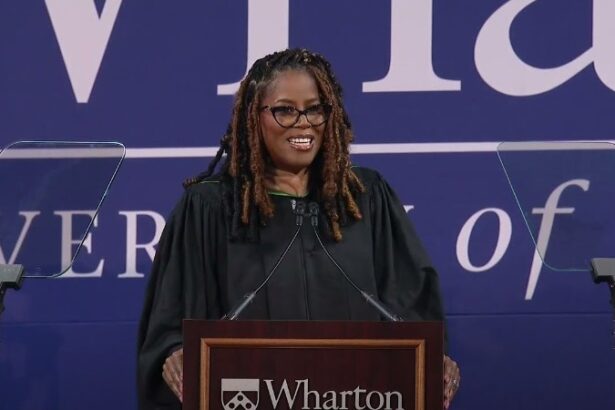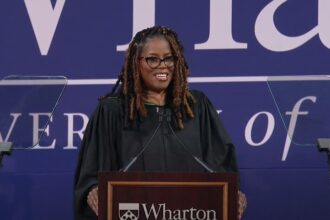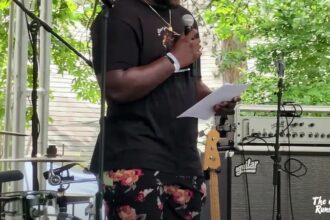If the future of Black wealth is a puzzle, college students might just be holding the missing pieces. At the Thurgood Marshall College Fund‘s recent DevCon Potomac | 25 conference, a preview of a financial well-being survey revealed that many students at historically Black colleges and universities (HBCUs) face big financial questions—and even bigger hurdles.
Conducted by the Dr. N. Joyce Payne Research Center and the Savings Collaborative, the survey doesn’t just spotlight challenges. It’s a call to action.
From credit cards to career planning, these students are juggling immediate needs with dreams of generational wealth. However, according to the early data, the gap between short-term survival and long-term financial freedom is wider than it should be. The full findings, which drop on April 23 at Virginia State University, aim to bridge that gap—starting with education, strategy, and student voices.
At the same time, there’s news that can’t be ignored: Black homeownership saw its biggest jump in over a decade, hitting 44.7% in 2023. That’s real progress—but let’s not sugarcoat it. The racial homeownership gap actually grew, with white homeownership at 72.4%. And when nearly half of Black mortgage applicants are still reporting discrimination, it’s clear that equity isn’t automatic—it has to be fought for.
So how do we close the gap—not just in ownership, but in access, understanding, and power?
Key takeaways
Impact: Black college students are facing financial pressures that could delay or derail long-term wealth-building. Meanwhile, rising homeownership is a good sign—but it masks deeper issues around access, equity, and economic justice.
Action: Start financial literacy early and keep it real. From student panels to hands-on saving habits, practical education should be part of every curriculum. Adults should mentor, share resources, and push for fair housing practices.
Empowerment: Wealth isn’t just about income—it’s about strategy. Build with intention. Own your financial story, advocate for systemic change, and make sure the next generation is equipped to build, not just survive.








